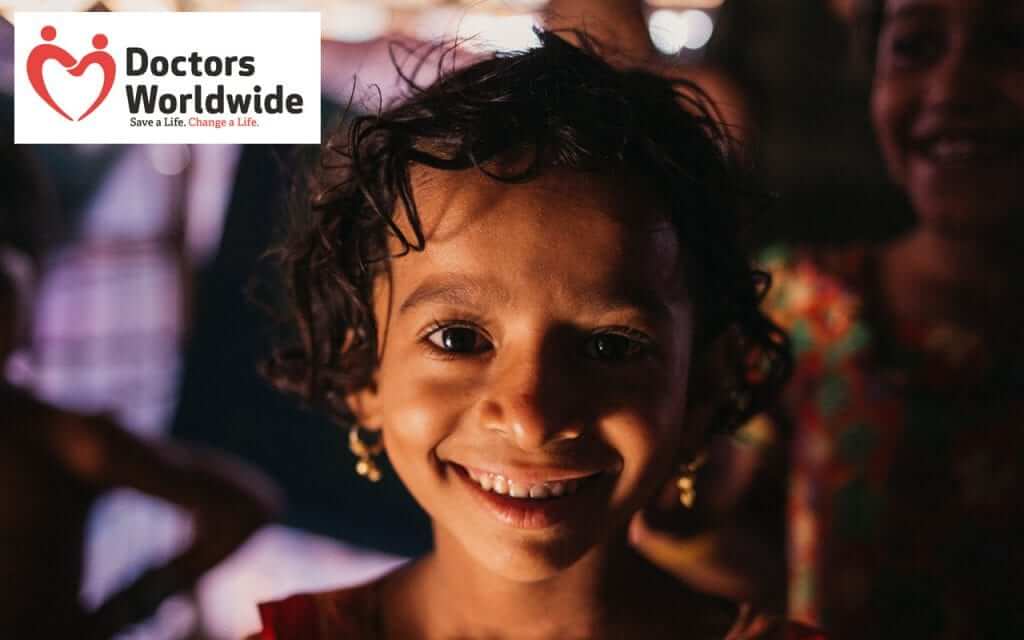Human Rights Day is observed every year on 10 December — the day the United Nations General Assembly adopted, in 1948, the Universal Declaration of Human Rights (UN).
Human Rights Day provides a dedicated opportunity to hold a collective conversation on the importance of Human Rights and the need to work together in solidarity to create equal opportunities for all. This year’s theme focuses specifically on COVID-19. All around the world, individuals are struggling with the challenges that have arisen as a result of the pandemic. COVID-19 has not only exposed inequalities around the world, but also exacerbated them, especially with regard to poverty, healthcare and discrimination. Thus, the focus today is on the move towards recovery efforts, and the absolute need to ensure Human Rights are central to this.

Between 5.7 and 8.4 million deaths are attributed to poor quality care each year in low and middle-income countries (LMICs), which represents up to 15% of overall deaths in these countries (WHO, July 2020). In low and middle-income countries (LMICs), access to quality healthcare is limited. This then has a devastating impact on patients in need, meaning they are more likely to face medical complications and also experience a higher risk of death – both of which are preventable. Moreover, with inadequate structures in place for achieving quality healthcare, even basic necessities are often unavailable. Globally, 1/8 healthcare facilities have no water service, 1/5 have no sanitation service and 1/6 have no hand-hygiene facilities at the points of care (WHO).
At Doctors Worldwide, our work is underpinned by the belief that access to quality healthcare is not a privilege, but a Human Right, thus we work towards making that a reality. Especially now, within the context of COVID-19, the lack of access to even basic healthcare services can have an overwhelmingly negative impact on vulnerable communities. Good health enables people and communities to define their own future. Without good health, a parent cannot take care of their family, nor can a child meet their full potential. As a result, communities miss out on a chance to grow and contribute to their collective wellbeing.

An estimated 1.8 billion people live in fragile contexts that are challenged in delivering quality essential health services (WHO, July 2020). For individuals living in these settings, this lack of access to quality healthcare in the midst of the COVID-19 pandemic can be devastating.
Our theory of change thus focuses on impactful and collaborative processes. By serving communities in need to improve access to quality healthcare through sharing knowledge, expertise and training, this makes for a long-lasting process of health system strengthening. Communities can then work together to contribute towards their collective success and wellbeing, whilst building resilience before and after emergencies when they occur.

Providing quality healthcare to those in need can seem like a momentous and endless challenge. We may wonder how a few pounds could really change anything for the better. Yet every pound DOES make a difference. At a time when ‘a large proportion of preventable deaths, such as maternal, childhood and neonatal deaths, occur in contexts lacking essential health services (WHO, July 2020)’, what can you and I do to help save lives and ensure access to quality healthcare?
It costs £5 to safely deliver a baby.
It costs £1 to provide quality healthcare for 2 people.
With each good intention, with each pound offered to help rebuild and strengthen vulnerable communities, we all move towards a world that prioritises the livelihood and wellbeing of everyone equally and places a dedicated importance on ensuring every individual’s Human Rights are respected and implemented.
/
Read more about our projects, including our Life Saving Fund which encompasses all of our current projects in providing quality healthcare to the most disadvantaged communities across the countries that we operate in today.
Make sure to share this article with your friends and family, follow us on social media (twitter, facebook, instagram, linkedin) and subscribe to our mailing list below for regular updates and campaigns.


